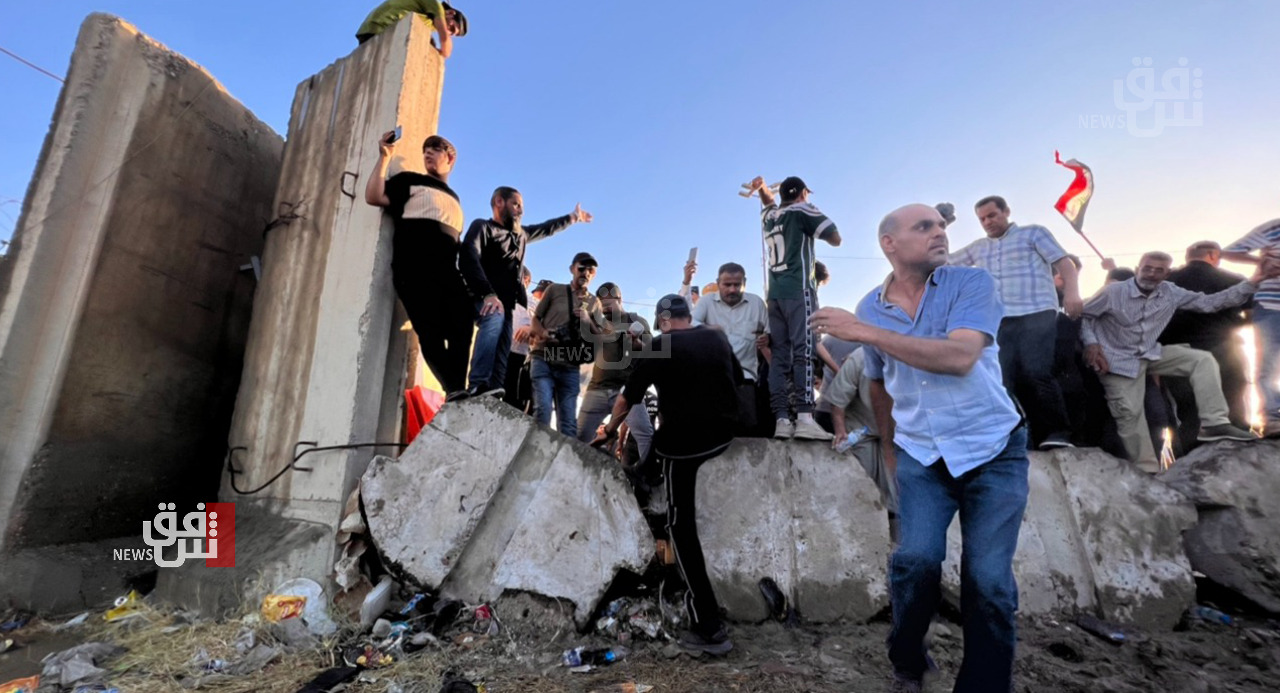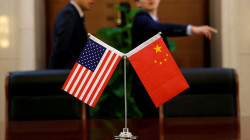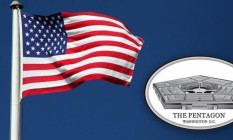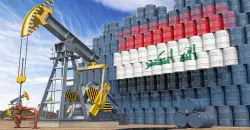US is closely watching as violence might resurge in Iraq after the Arbaeen, diplomat says

Shafaq News/ With the continued stalemate in Iraq's deepening political crisis, the United States is encouraging the country's leaders to engage in an inclusive, constructive dialogue that involves all key political figures and blocs in an Iraqi-driven process.
“What happens next, whether it's early elections or formation of the government, is for the Iraqis themselves to decide,” US Deputy Assistant Secretary for Iran and Iraq Jennifer Gavito told Al-Monitor in a wide-ranging interview on Wednesday.
Iraq has been in political limbo since its parliamentary elections in October 2021. Candidates loyal to Iraqi populist cleric Muqtada al-Sadr won the most seats, but not enough to form a majority government.
Sadr withdrew his lawmakers from the parliament in June. His rivals in the Coordination Framework of mostly Shiite parties, including some aligned with Iran, are seeking to form a new Iraqi government.
When the Framework tried to form a new government in August, Sadr’s supporters seized the parliament and other government buildings. The intra-Shiite feuding spilled over into the streets of Baghdad, with militia clashes in the heavily fortified Green Zone that killed over 60 people and injured hundreds.
Gavito said that the US government is watching "very closely" whether there could be a return to violence after the Shiite Arbaeen holiday, which ends September 16, with the parliament likely to reconvene soon after.
Sadr withdrew his lawmakers from the parliament in June. His rivals in the Coordination Framework of mostly Shiite parties, including some aligned with Iran, are seeking to form a new Iraqi government.
When the Framework tried to form a new government in August, Sadr’s supporters seized the parliament and other government buildings. The intra-Shiite feuding spilled over into the streets of Baghdad, with militia clashes in the heavily fortified Green Zone that killed over 60 people and injured hundreds.
Gavito said that the US government is watching "very closely" whether there could be a return to violence after the Shiite Arbaeen holiday, which ends September 16, with the parliament likely to reconvene soon after.
“Iraqi leaders across the spectrum need to make sure that all voices are included as part of any political compromise,” said Gavito. “If there are voices that are left out, that breeds trouble, that breeds conflict.”
Sadr, a critic of both US and Iranian interference in Iraq, represents a “very significant set of voices in his country,” she said.
Asked if an inclusive political solution also includes Framework parties aligned with Iran, Gavito said the United States is prepared to work with a government “that puts the needs of the Iraqi people, the sovereignty of Iraq and its stability and security at the forefront of its agenda.”
Gavito added that Washington would welcome Tehran's support for an inclusive dialogue. “Iraq and Iran should have good, solid positive relations, but they should be positive in both directions,” she said.
The US-Iraq Strategic Framework agreement, Gavito said, is not only bilateral in focus, but seeks to put Iraq at "the center of regional stability." Both Iraq’s participation in the GCC+3 Jeddah summit in June and the Gulf Cooperation Council Interconnection Authority energy agreement, she said, reflect a commitment by the US and Iraq’s neighbors to Iraq’s “emergence as a regional leader.”
(al-Monitor)





